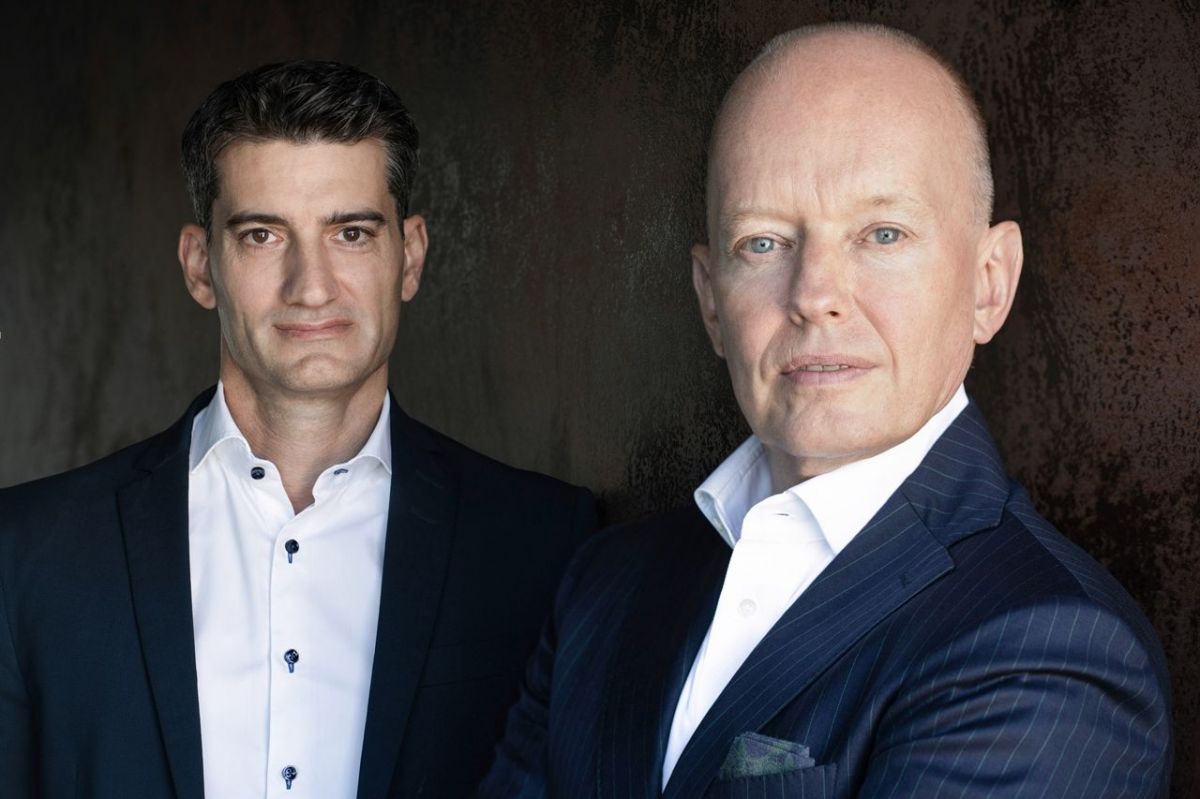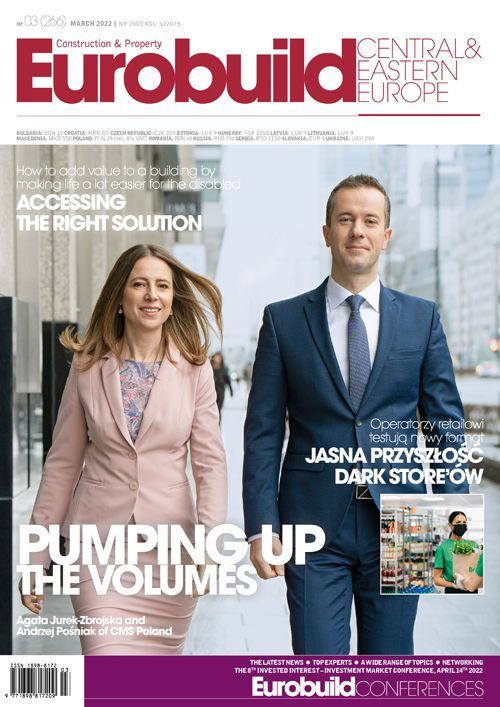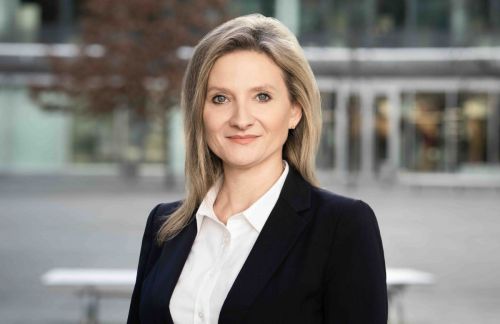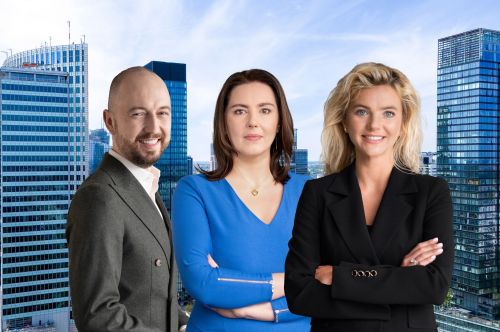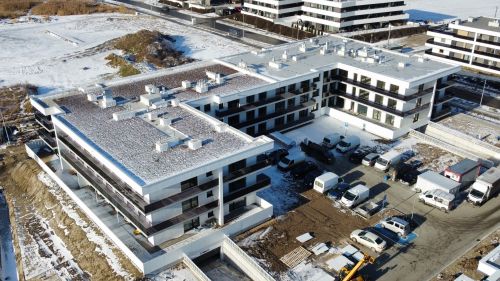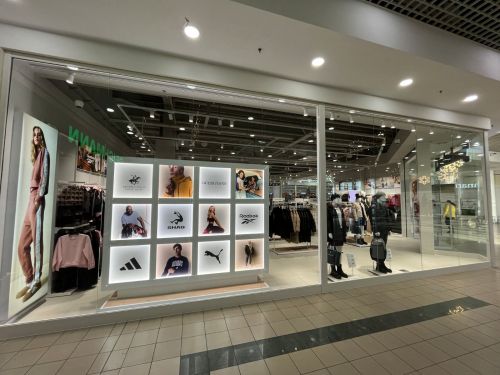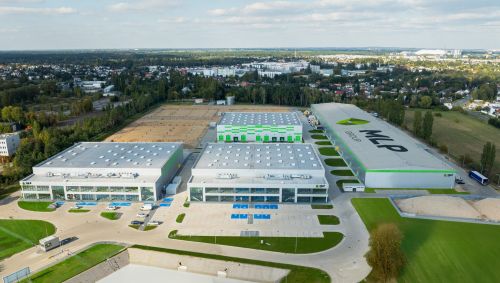Your company recently announced a name-change from Griffin Real Estate to Griffin Capital Partners, as well as a general branding. Where did the idea for these changes come from? And what significance do they have?
Maciej Dyjas, Managing Partner at Griffin Capital Partners: This was an important event in the history of Griffin and a good way to start a new year. But we are not suddenly changing our occupation and diving into a completely new business. This change has been happening gradually and the rebranding is just a way of underlining our strategic direction. Over the years, we have had a significant impact on the development of the Polish real estate sector. We can take credit for introducing multiple innovative concepts and performing major transactions, and this is the sector that we are the most associated with. However, from the very beginning, private equity was an important pillar of our business activity.
Nebil Senman, Managing Partner at Griffin Capital Partners: Our in
